Dr Hassan Radoine, full professor and managing director of Citinnov SA for Integrated Territorial Planning & Smart Cities at University Mohammed VI Polytechnic (UM6P-Rabat), explores how strategic collaborations can transform sustainable urban planning and city design
As cities across the globe continue to expand rapidly, they encounter both great opportunities and complex challenges. By adopting smart city technologies and leveraging strategic partnerships, we can generate urban environments that are more efficient, inclusive, resilient and sustainable.
The case for smart cities
With the fastest urban growth globally, Africa’s cities are projected to be home to an additional 950m people by 2050.
This rapid urbanisation presents many opportunities, including increased economic prospects, greater community development and improved access to services and facilities.
However, urbanisation can also prompt several challenges. The process can strain infrastructure, create resource management issues in areas such as water, energy and food, and lead to environmental degradation due to high energy consumption, increased air pollution and the continuous loss of green spaces.
Sustainable urban planning
Sustainable urban planning can proactively address these impacts by involving green infrastructure, developing energy-efficient constructions, planning for multimodal transport and implementing water management initiatives.
Developing smart cities – urban areas that utilise technology and data to improve conditions for both people and the planet – can ensure more effective city management and smart data-driven decision making.
In addition, by embedding sustainability as a core value, smart cities can create a balance between economic growth, quality of life and natural resource preservation.
Smart solutions
For many decades, building cities and establishing infrastructure has been predominantly a massive resource sink.
Whether it is material supplies, financial resources or time, construction is deeply entrenched in ways of working that are labour-intensive, time-consuming and inefficient.
However, the advent of smart technologies and methods like robotics and Design for Manufacturing & Assembly (DfMA) brings construction to a new frontier of efficiency and measured performance.
Recently, many innovations in the manufacturing industry have seeped into the construction industry, with traditional players in the construction sector being eclipsed by innovative companies that adopt Modern Methods of Construction (MMC).
For instance, Toyota, the global leader in car manufacturing, also builds modular homes with a 60-year warranty, exceeding the typical regulatory 50-year service life intended for residential buildings.
Furthermore, IKEA and Skanska have partnered to create BoKlok, a joint venture delivering prefabricated modular homes. This initiative streamlines construction, reduces waste and emissions and cuts build time.
Partnering for progress
Although technology is a powerful tool for progress, it is not the only factor that needs to be considered. Strategic collaborations are essential to successfully transform cities.
Partnerships can support these efforts by sharing resources, combining diverse areas of expertise and offering a wider range of innovative solutions.
These collaborations often involve various stakeholders, including governments, NGOs, communities, the private sector and research institutions.
In 2023, UM6P partnered with the Research Institute for Solar Energy & New Energies and the Korean International Cooperation Agency to create the Green & Smart Building Park (GSBP) in Ben Guérir.
The GSBP is a pioneering platform dedicated to the development of environmentally conscious buildings that are powered by renewable energy.
The Park has been recognised as a successful partnership between research institutions and organisations that uses smart solutions to enhance renewable energy usage and digitisation in buildings.
The future of sustainable urban planning
Urban planning is likely to undergo significant transformation due to the pressing challenges of climate change, population growth and technological advancements.
Cities will have to become more resilient and sustainable, and citizens will increasingly expect to see green infrastructure, renewable energy sources and smart technologies being implemented.
The future of urban planning lies not only in technological solutions but also in adopting human-centred approaches that integrate local knowledge and community needs.
As Africa’s cities are expanding at an unprecedented rate, there is a unique opportunity to implement cutting-edge technologies and sustainable practices from the ground up.
UM6P is acutely aware of this, having organised the first edition of the Africa Smart City Forum in 2024.
The forum brought together key players from Morocco and Africa, including experts, researchers, international institutions, NGOs, civil society and media platforms, gathering insights that positioned smart cities as drivers of sustainable development and social inclusion through innovation and smart urban models.
Looking ahead, smart urban and territorial planning through technology and strategic partnerships will continue to be pivotal to a sustainable future.

